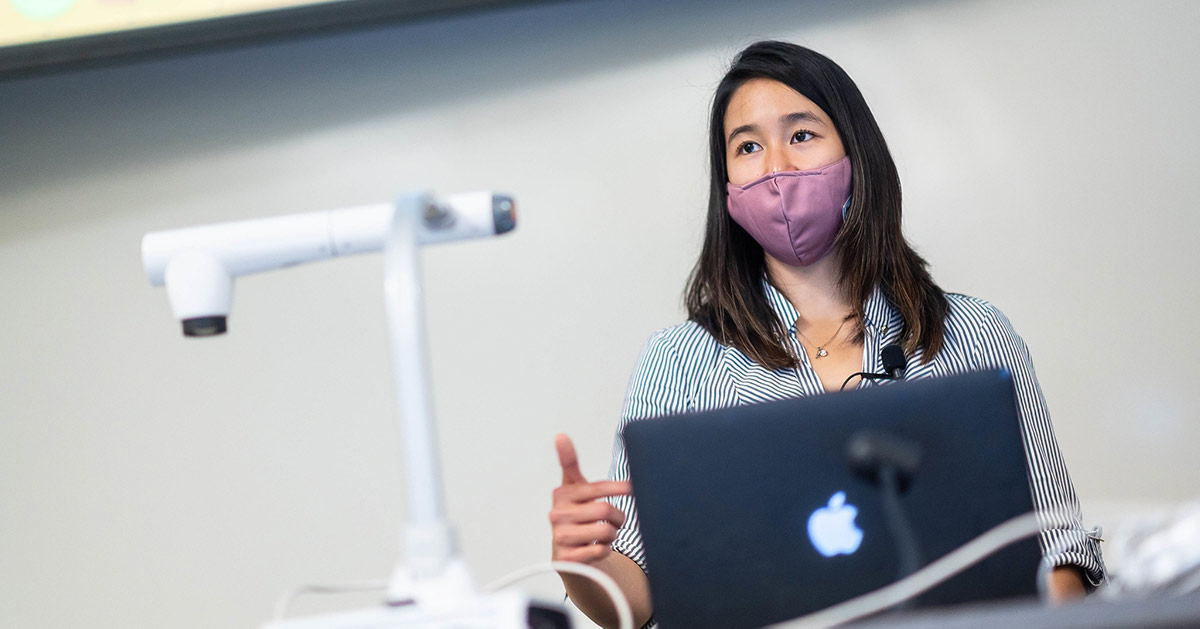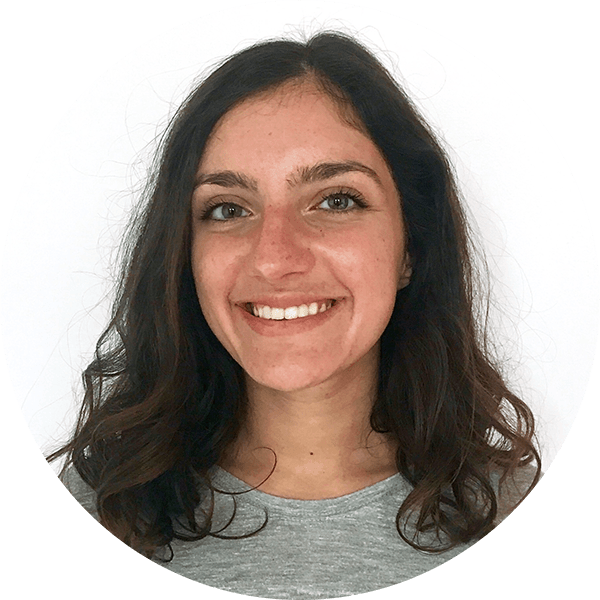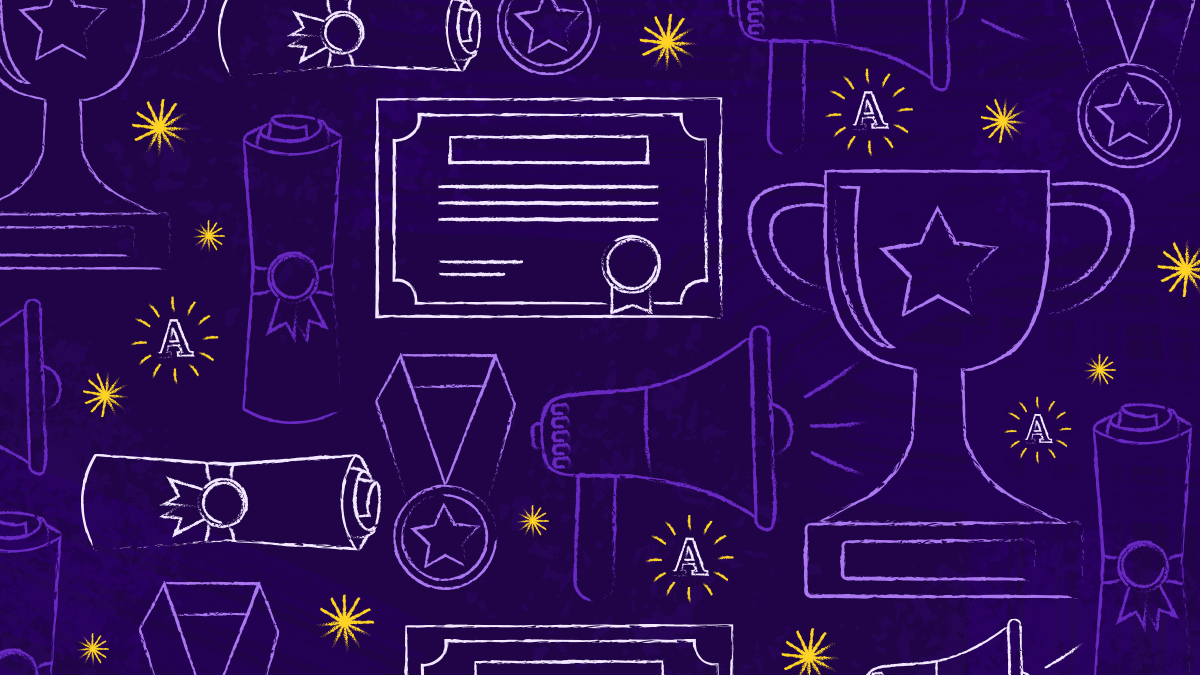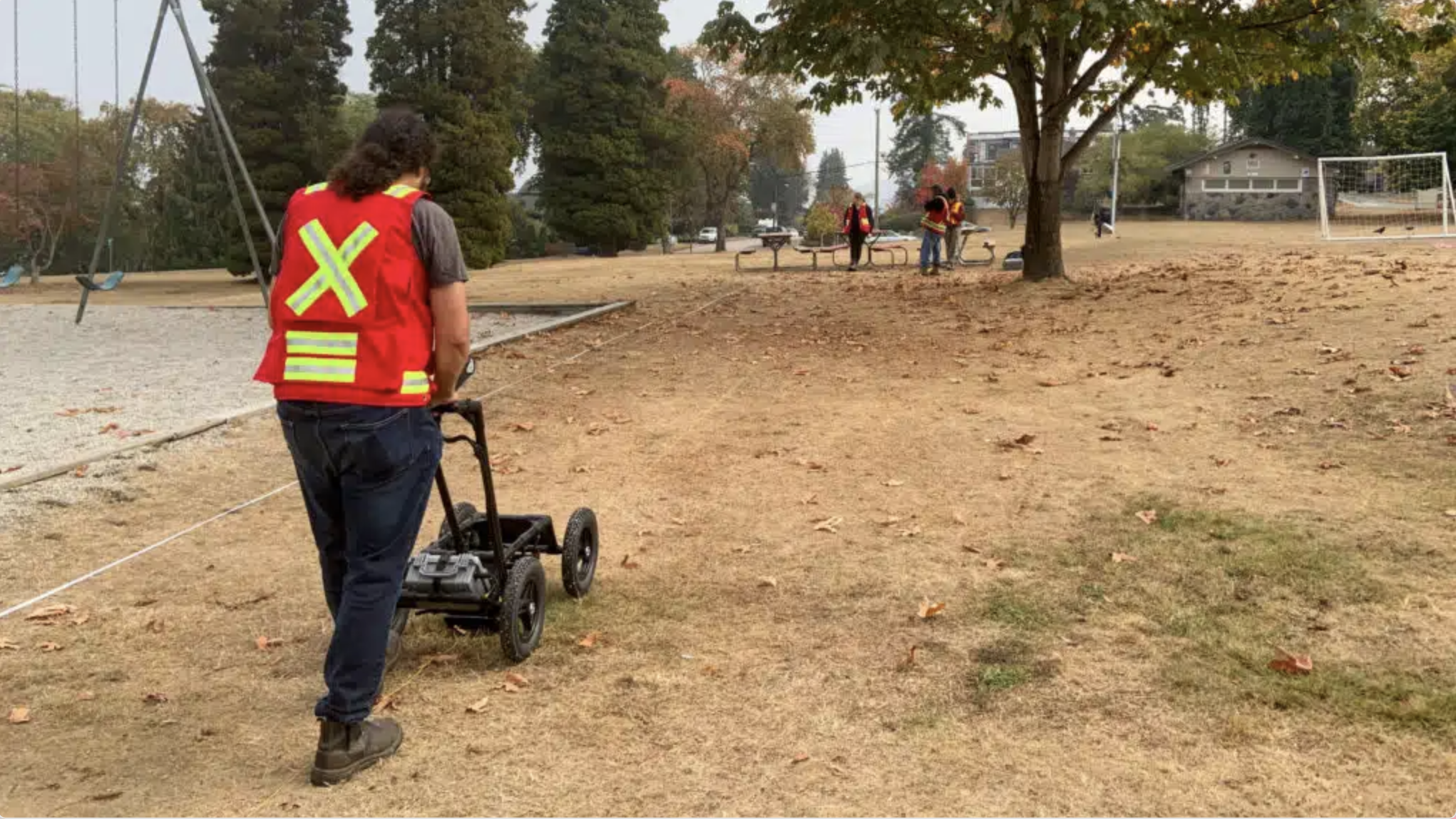

By the Office of Regional and International Community Engagement
Last summer, a group of UBC students had the opportunity to present proposals on an inclusive COVID-19 recovery plan to a federal Canadian Sustainable Development Goals unit. Alexandra Wenzel shares what the experience looked like for her, and what she learned from it.
This past summer my plans, like everyone else’s, were derailed by COVID-19. Rather than finishing my exchange at Sciences Po Paris, I was in Vancouver looking for research positions or online summer classes.
Luckily, I found the SDG Praxis Institute, a program hosted in collaboration between the British Columbia Council for International Cooperation (BCCIC) and the UBC Office of Regional and International Community Engagement (ORICE). BCCIC is an organization that advocates for global sustainable development through policy creation, research, and engagement, and ORICE offers UBC students opportunities to make connections between their studies and the global community through experiential learning programs that empower them to apply classroom knowledge to community projects.
The SDG Praxis Institute is a co-curricular program designed to develop critical student engagement with the UN’s Sustainable Development Goals (SDGs). The program I participated in focused on shock, system change, and agency in the context of COVID-19, and culminated with a consultation to the Director and Senior Policy Advisor of Canada’s SDG Unit about the importance of an inclusive COVID-19 recovery plan.
Over the course of the seven week program, our student group worked with facilitators (thank you, Tamara, Mulalo, Christina, and Dan from BCCIC!) who guided us to becoming effective change-makers and taught us the complexities of engaging with public officials.
We used a systems change approach to the project, which looks at the root problems of issues and the underlying interactions and systems which create or worsen these issues. The aim was to better implement the UN’s Sustainable Development Goals, which range from ending poverty and hunger to ensuring equitable education, gender equality, sustainable cities, responsible consumption, climate action, and more.
We also learned from guest speakers who put this framework into practice on a daily basis. One of the speakers who most impacted me was Dr. David Boyd the UN Special Rapporteur on Human Rights and the Environment. Dr. Boyd uses a human rights-based approach to address environmental issues, and recently presented a report to the UN arguing that a healthy environment is a human right. He teaches here at UBC if you have the opportunity to take a course with him!
At the end of the seven weeks, we presented to the SDG Unit where we gave recommendations based on key areas including the unequal impacts of COVID-19 upon those who are experiencing homelessness, the importance of addressing greenhouse gas emissions at this watershed moment, and the necessity of ensuring Indigenous voices are included in government processes. Some of the students from the Institute went on to be instrumental members of the UBC SDG Alliance.
The other students, guest speakers, facilitators, and the team at the SDG Unit were thoughtful, passionate, and most importantly, reflexive about their work. Reflexive practice is important for me because it is about continuously adapting and re-evaluating as you learn. This is important as there are unintended effects in any project. In dealing with social justice issues, we need to be constantly critical of ourselves and the work we are doing.
By using an intersectional lens, we can better understand how COVID-19 has exacerbated existing inequalities. For example, as a result of environmental racism, BIPOC (Black, Indigenous, and people of color) individuals face higher risks if they contract COVID-19 because they disproportionately live in polluted areas.
Delivering simple, succinct recommendations to decision-makers is difficult, as the SDG Unit already knew of these issues, but it is necessary to place pressure to address these issues. Tina Cobb, the head of Strategic Partnerships at the SDG Unit, said that community consultations like our presentation offer new and relevant insights to support her work developing Canada’s 2030 Agenda National Strategy.
While it is difficult, and often disheartening, to work on issues which have such human impacts, having a supportive team to share your struggles with allows deeper conversations to occur. This was one of the most impactful takeaways for me in my journey to being an effective change agent.
I was often reminded of the accuracy of our UBC motto, Tuum Est (it’s yours), throughout my experience with the SDG Praxis Institute. While there is a lot of work to be done to achieve the UN’s Sustainable Development Goals, there are many avenues to make our voices be heard.
Leveraging our position as students to enact meaningful, beneficial change is complex, but as Ms. Cobb told me, “it’s a marathon!” No matter how small our actions may seem, sustained involvement can create change.
Interested in learning more about opportunities with the Office of Regional and International Community Engagement, from academic & co-curricular programs and funding opportunities to events?



